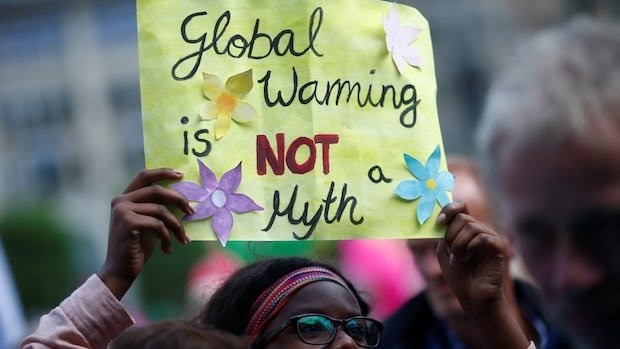A recent study discovered that personality traits can influence individuals’ beliefs regarding climate change, potentially impacting efforts to address climate skepticism. Conducted by Dalhousie University in Halifax, the research revealed a correlation between higher levels of narcissism, machiavellianism, and psychopathy and increased skepticism about climate change. Conversely, individuals displaying pro-social traits like openness, agreeableness, honesty, humility, and emotionality tended to be less skeptical about climate change.
Scott Pruysers, the lead author of the study and an associate professor at Dalhousie University, highlighted the importance of understanding the personality factors contributing to climate skepticism to enhance strategies for promoting environmentally conscious behavior. The study, published in the journal Climatic Change, examined data from a survey of 1,725 Canadians in 2020. Unlike previous studies that focused on limited descriptors, this study utilized over 160 descriptors to assess participants’ personalities comprehensively.
Scientific consensus supports that human activities are driving climate change, as indicated by the United Nations’ Intergovernmental Panel on Climate Change. Despite widespread acknowledgment of climate change, a notable percentage of participants in the study expressed skepticism, emphasizing the need for tailored approaches to address varying beliefs. Factors such as gender, political orientation, education level, income, and openness were identified as influencing individuals’ climate change skepticism.
While the study shed light on the association between personality traits and climate skepticism, the impact of these traits on individuals’ views was not overwhelmingly significant. Matthew Hornsey, a professor at the University of Queensland, Australia, cautioned that personality traits alone may not be strong predictors of climate change views. However, advancements in artificial intelligence could be leveraged to tailor messages based on individuals’ personalities, offering potential avenues for targeted interventions.
In conclusion, understanding the interplay between personality traits and climate skepticism is crucial for developing effective strategies to engage diverse perspectives on climate change. While challenging, applying these findings strategically could help bridge gaps in climate change perception and foster greater environmental awareness.


